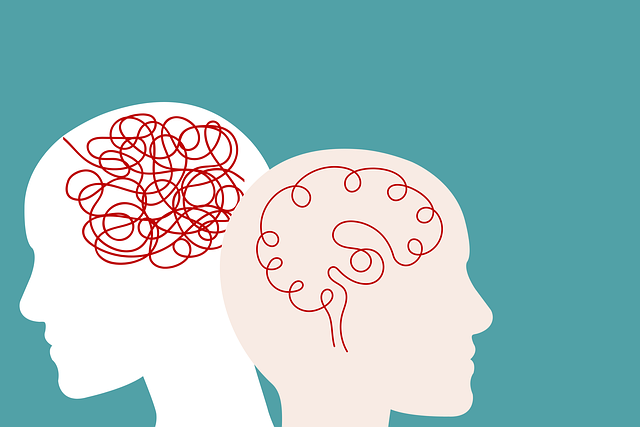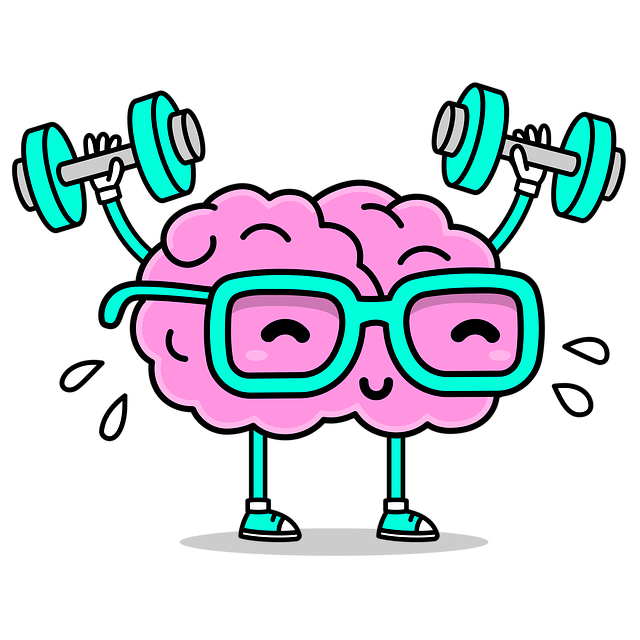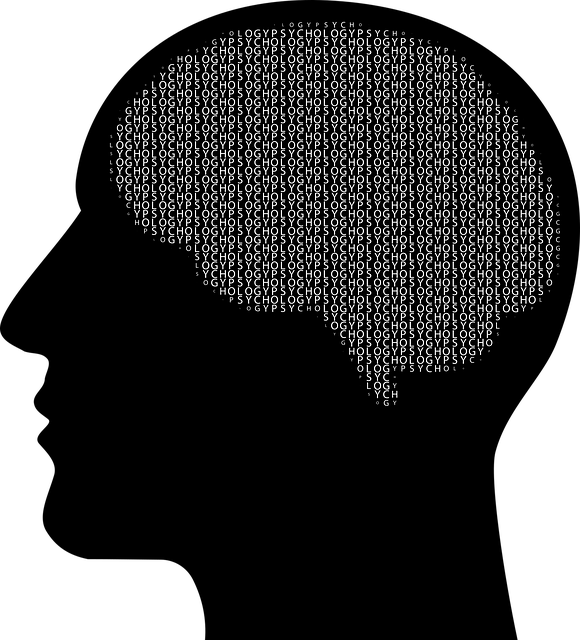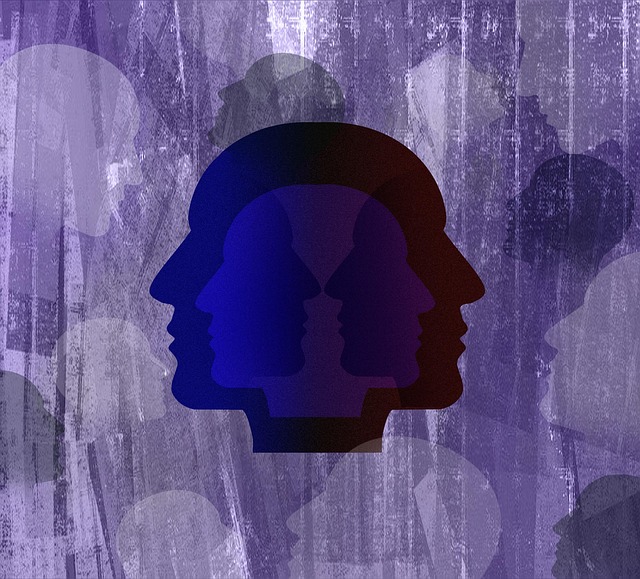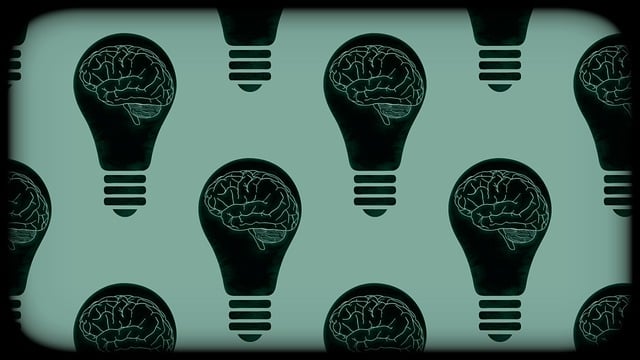Aurora Hebrew Speaking Therapy offers a unique, holistic approach to social skills training, addressing the critical link between mental wellness and social connections. Their specialized programs combine therapeutic expertise with cultural sensitivity, empowering individuals with essential communication skills through innovative techniques. Targeting conditions like anxiety, depression, and schizophrenia, Aurora provides tailored exercises, role-playing, mindfulness, and self-esteem improvement, fostering healthier relationships, resilience, and overall mental well-being.
Social skills training is a powerful tool in navigating mental health conditions, fostering healthier interactions, and boosting well-being. This article delves into the symbiotic relationship between social proficiency and mental health, highlighting its significance in managing challenges like anxiety and depression. We explore the innovative approaches of Aurora Hebrew Speaking Therapy, focusing on strategies tailored to diverse mental health needs. By understanding common hurdles in social interactions, this guide offers practical tips for developing effective communication skills, ultimately strengthening relationships and support networks.
- Understanding the Connection Between Social Skills and Mental Health
- The Role of Aurora Hebrew Speaking Therapy in Social Skills Training
- Identifying Challenges: Common Mental Health Conditions and Social Interaction
- Strategies for Developing Effective Communication Skills
- Building Relationships and Enhancing Support Networks through Therapy
Understanding the Connection Between Social Skills and Mental Health

Social skills are integral to our overall well-being, and their impact on mental health cannot be overstated. At Aurora Hebrew Speaking Therapy, we recognize that effective communication, relationship building, and emotional expression are essential components of mental wellness. Mental health conditions can often isolate individuals, making social interactions challenging. However, through targeted training, individuals can develop the skills needed to navigate social situations with confidence.
By implementing self-awareness exercises and crisis intervention guidance, our trained therapists help clients improve their social skills, fostering a sense of belonging and support. This holistic approach addresses the root causes of social anxiety or avoidance, enabling individuals to build healthier relationships and enhance their overall mental wellness.
The Role of Aurora Hebrew Speaking Therapy in Social Skills Training

Aurora Hebrew Speaking Therapy stands out as a beacon of hope for individuals navigating mental health challenges through its specialized approach to social skills training. Recognizing the profound impact of social connections on mental well-being, Aurora offers a unique blend of therapeutic expertise and cultural sensitivity. Their programs are meticulously designed to empower clients with essential social skills, fostering meaningful interactions and enhancing their overall quality of life.
Through innovative techniques and a supportive environment, Aurora encourages positive thinking and self-expression. The therapy sessions not only equip individuals with tools to navigate social situations confidently but also create a safe space for them to explore and manage their mental health. By integrating mental health education into the social skills training, Aurora provides clients with a holistic understanding of their conditions, enabling them to take proactive steps towards recovery and personal growth.
Identifying Challenges: Common Mental Health Conditions and Social Interaction

Many mental health conditions can significantly impact an individual’s ability to navigate and engage in social interactions, which is where Aurora Hebrew Speaking Therapy steps in. Conditions such as anxiety disorders, depression, and schizophrenia often present challenges when it comes to forming connections and participating in social activities. For instance, individuals with social anxiety might struggle with initiating conversations or maintaining eye contact, while those with bipolar disorder may exhibit impulsive behaviors that affect their relationships.
At Aurora Hebrew Speaking Therapy, we recognize that addressing these challenges requires a nuanced approach, especially considering the role of cultural sensitivity in mental healthcare practice. By integrating Mental Health Education Programs Design tailored to individual needs, our therapists help clients build resilience and enhance their social skills. This involves learning effective communication strategies, practicing assertiveness, and developing coping mechanisms to manage social stressors, ultimately fostering healthier connections and a stronger support system.
Strategies for Developing Effective Communication Skills

Developing effective communication skills is a crucial aspect of social skills training for individuals with mental health conditions. At Aurora Hebrew Speaking Therapy, we recognize that navigating social interactions can be challenging, especially when managing symptoms like anxiety or depression. Our approach focuses on fostering open and honest dialogue, encouraging active listening, and promoting non-verbal cues to enhance understanding. Through tailored exercises and role-playing scenarios, clients learn to express their needs, emotions, and thoughts clearly, thereby improving both personal relationships and overall mental wellness.
Compassion cultivation practices play a significant role in this process. By teaching individuals to be more empathetic towards themselves and others, we aim to reduce stress and promote positive social connections. Mental wellness is not just the absence of illness; it’s about cultivating a mindset that allows for resilience and adaptability in social situations. Incorporating evidence-based Stress Reduction Methods, such as mindfulness exercises, helps clients manage their responses during interactions, ensuring they can engage in meaningful conversations without feeling overwhelmed.
Building Relationships and Enhancing Support Networks through Therapy

Building meaningful relationships is a cornerstone of healing and recovery for individuals navigating mental health conditions. At Aurora Hebrew Speaking Therapy, we understand that connecting with others can be challenging, but it’s also an essential aspect of enhancing one’s mental wellness. Through specialized therapy sessions, our experienced professionals guide clients in developing effective communication strategies, fostering healthier interactions, and building supportive networks. This process empowers individuals to express their feelings, needs, and boundaries, laying the foundation for robust relationships.
In addition to direct therapy, we encourage the practice of self-esteem improvement techniques and mental wellness journaling exercises. By documenting thoughts and emotions, individuals gain valuable insights into their patterns and triggers. This self-reflective process enables them to approach social situations with increased confidence and a better understanding of themselves, ultimately strengthening their support networks. Our holistic approach ensures that clients not only learn communication strategies but also cultivate an environment where they feel heard, understood, and supported—crucial elements for long-term mental health and overall well-being.
Social skills training, as offered by specialized centers like Aurora Hebrew Speaking Therapy, plays a pivotal role in managing mental health conditions. By addressing communication challenges and fostering supportive relationships through therapy, individuals can significantly improve their overall well-being. This holistic approach not only equips them with effective strategies for interacting socially but also helps build resilient support networks. For those seeking to enhance their social skills and navigate the complexities of mental health, Aurora Hebrew Speaking Therapy stands as a beacon of hope, offering transformative journeys towards more fulfilling and connected lives.
